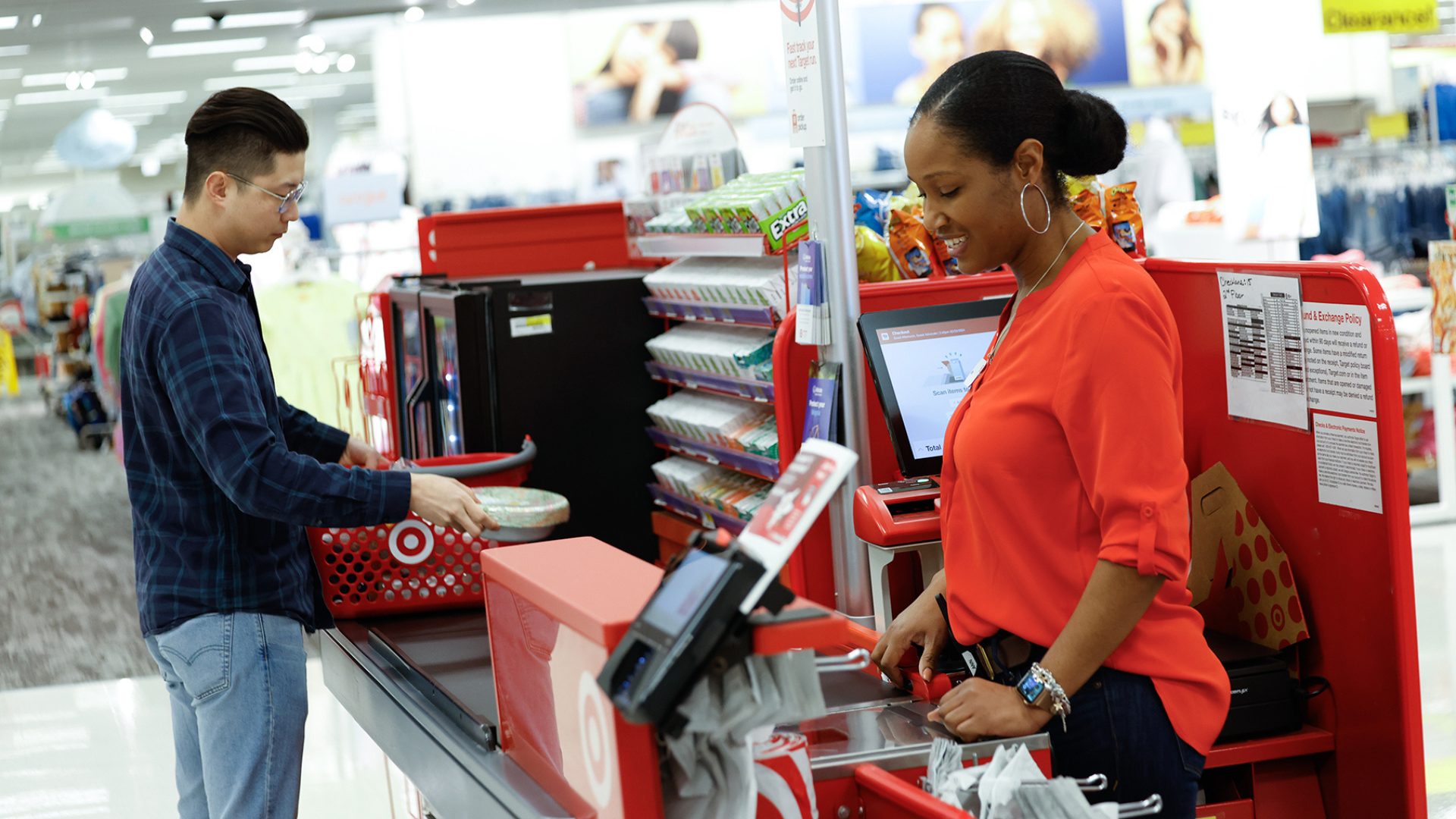Recently, the advocacy group People’s Union USA began calling on consumers to boycott products from various businesses in protest of alleged social, economic, and environmental offenses – and on Monday, April 21, participating consumers kicked off a seven-day blackout against General Mills.
This endeavor follows a wave of similar economic blackouts, including a sweeping boycott of all major retailers over the Easter weekend, as well as a large-scale protest against retailers that scrapped their DEI programs that began on February 28 and eventually precipitated targeted boycotts of Amazon and Nestlé shortly thereafter.
The reasons for these economic blackouts go beyond DEI. For example, the organization cited “exploiting child labor, pumping out toxic water in communities, overcharging consumers for what the planet provides for free, and controlling a massive portion of the global food supply” as the reasons for its Nestlé boycott.
So, how are consumers participating?
“It’s simple,” reads the People’s Union USA website. “Stop spending.”
And how could these economic blackouts affect food and beverage companies?
Industry experts recently shared their thoughts with The Food Institute.
Potential Impacts
“While this type of action may not always have a long-term financial impact, it can disrupt and interrupt business, including demand patterns and distribution channels, and put pressure on supply chains and manufacturing operations. It could have an effect on brand reputation as well,” said Stephen Dombroski, director of consumer products and F&B at the software company QAD.
Such economic blackouts have only grown in terms of prevalence and prominence in recent months, according to Molly McFarland, co-founder of the conversion media company AdAdapted whose technology is leveraged by major CPG brands.
“In late February, consumers nationwide participated in Blackout Friday, a social media-driven boycott urging Americans to refrain from spending for 24 hours. The anticipated impact of the boycott was unclear then, but researchers and analysts at AdAdapted saw the movement unfold in real time,” McFarland told FI.
“AdAdapted’s exclusive first-party data revealed that planned grocery purchases on February 28 dropped 15% compared to an average Friday, typically one of the busiest days for shopping preparation. Additionally, planning was lower than normal on all days leading up to the 24-hour boycott – indicating that consumers may have been planning ahead to avoid making purchases,” added McFarland.
So, how can companies plan for and adapt to these developments?
Response Strategies
“For manufacturers, especially in food and beverage, being ready for this type of event is less about taking sides and more about making sure your people, processes, and systems are built to adapt under pressure,” advised Dombroski.
He provided the following tips:
- Remain agile: “Manufacturing leaders need to ensure production capabilities can flex quickly in response to sudden changes in product demand. That means having processes and protocols in place for shift changes, SKU prioritization, and short-cycle retooling to keep output aligned with market conditions.”
- Manage risk: “Most companies can manage their primary suppliers. But, what about Tier 2 and 3? If a key ingredient or packaging component becomes hard to source due to public pressure, knowing your exposure and having alternate sourcing already mapped out becomes critical. Having a Supplier Relationship Management System in place can help with navigating supply issues.”
- Collaborate and communicate: “Your frontline teams are often the first to feel the pressure when volumes dip, public sentiment changes, and production is disrupted. Make sure your internal communications keep them in the loop and provide tools to manage change calmly and confidently.”
- Stay aware: “If you do not have mechanisms in place to know what consumers and social groups are saying in real time and the means to quickly communicate that through the organization, you may have issues. Systems should flag early signals of organized consumer movements so operations, marketing, and planning teams can align quickly before it hits the floor.”
- Monitor resilience: “Companies should build clear KPIs around responsiveness, supply redundancy, and employee adaptability so that if something like this happens, the response isn’t chaos; it’s practiced precision.”
The Food Institute Podcast
It’s tariff time, and companies the world over are working to better understand how their operations will be impacted. Jodi Ader from RSM US LLP joined The Food Institute Podcast to discuss which products and inputs are currently subject to tariffs, and how to best mitigate supply chain risks.












